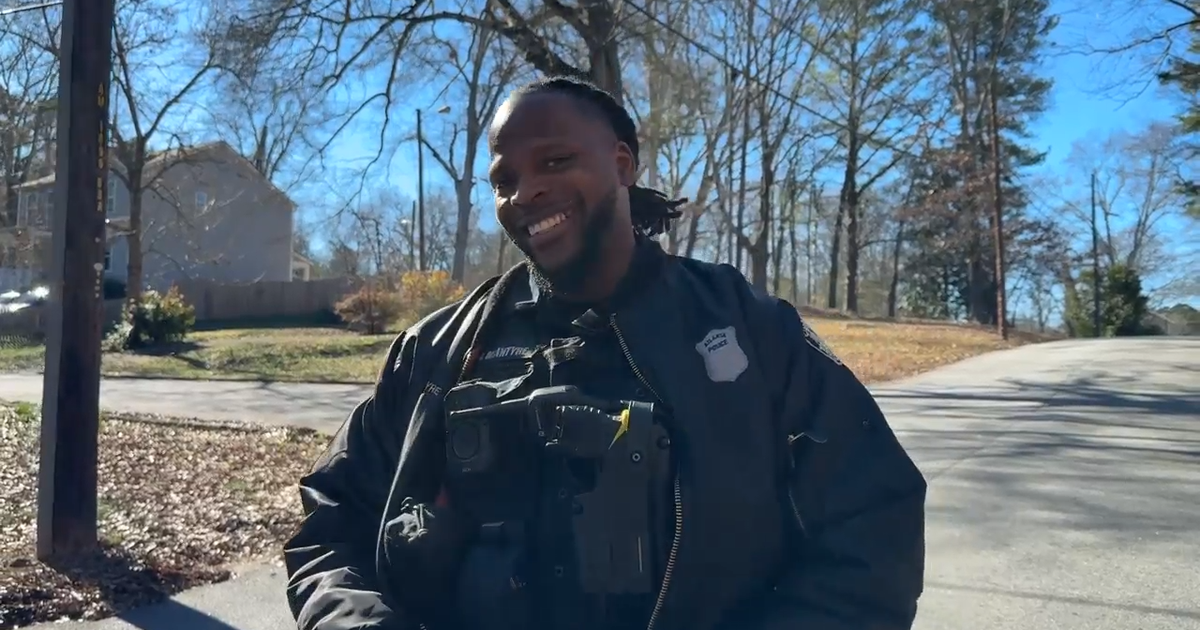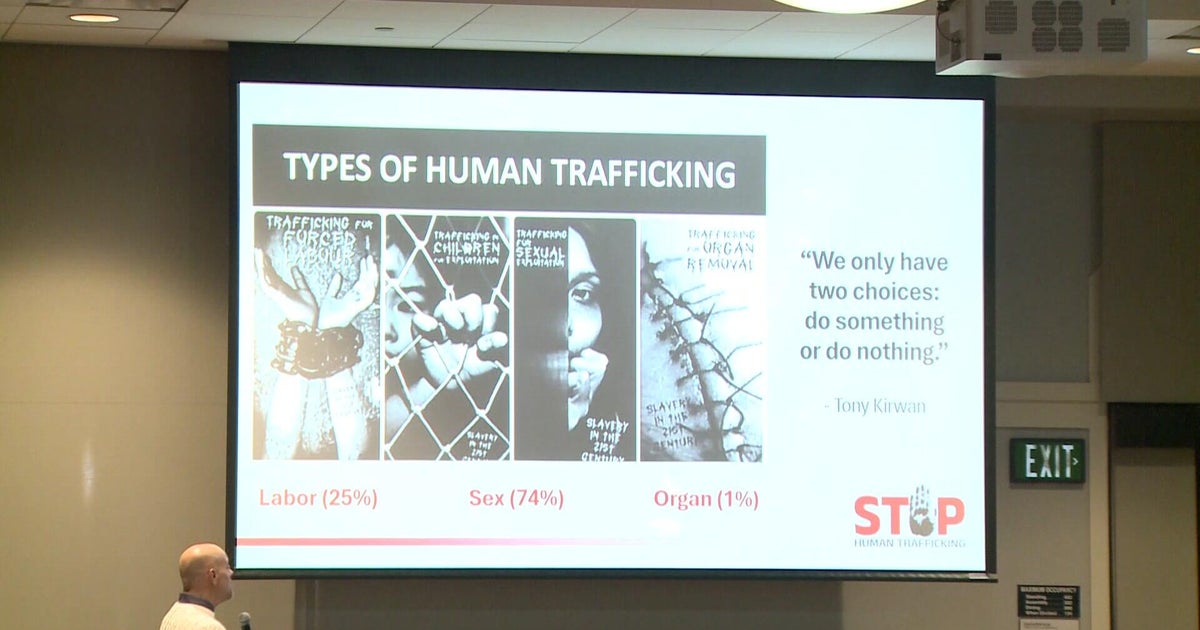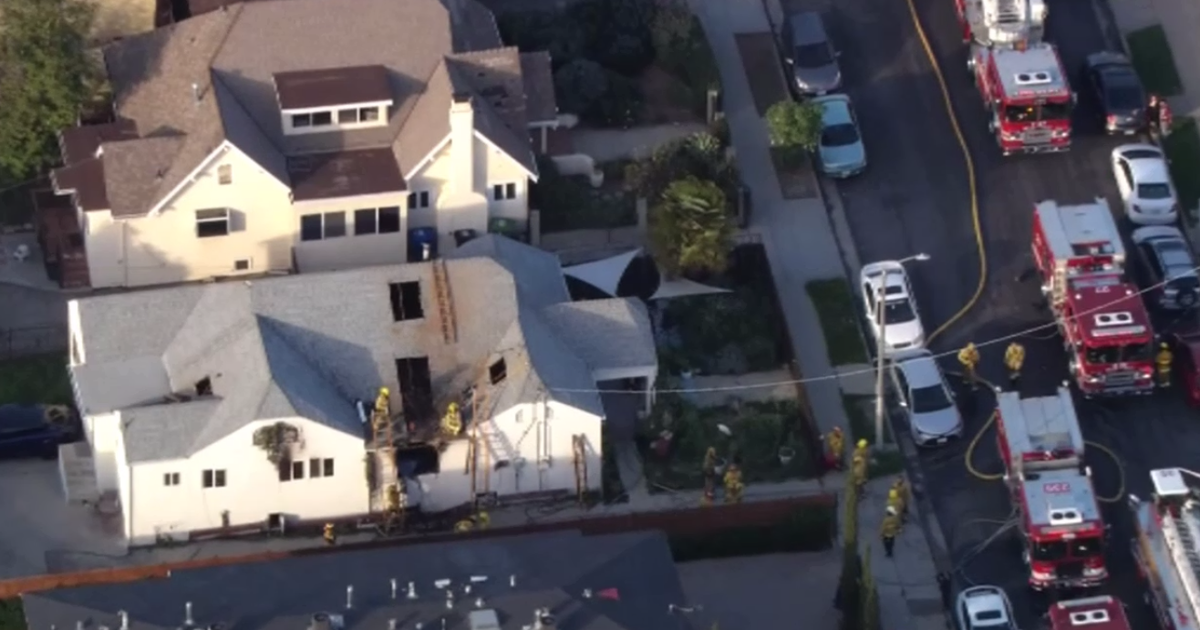Metro moves forward with plans for its own police force
Metro is moving forward with plans for its own in-house police force as riders continue to express safety concerns following recent crimes within the system.
Thursday, the Los Angeles Metro Board voted in favor of having its own Transit Community Public Safety Department, phasing out its current model contracting with other agencies over a five-year period. It was determined that returning to in-house policing would better serve the system and its unique challenges, and provide cost savings.
Metro asked for a feasibility study in March 2023, to look into an alternative for the existing policing partnership with the Los Angeles Police Department, Los Angeles Sheriff's Department, and the Long Beach Police Department.
In June 2023, the feasibility study came back with the findings that not only could an in-house police department save tens of millions of dollars annually, but also that having its own force would mean the officers would be more connected and dedicated to Metro.
The report stated an in-house police department would be able to tailor its strategies and partnerships to matters that are unique to public transportation, such as fare evasion and disorderly conduct.
An In-house model "allows transit agencies to have greater control and accountability over the safety and security of their services. It enables a more direct and immediate response to incidents, as well as a deeper understanding of the specific safety concerns and needs of the transit system," wrote Justice Research Consultants, LLC in the report.
Between 1989 and 1997 Metro had its own police, the MTA Transit Police Department. In 1996, the Metro Board chose to merge its MTA police with LAPD and LASD and contract with these agencies for policing services.
Since 2018, Metro's Office of the Inspector General has conducted annual assessments of Metro's law enforcement contracts. Those assessments consistently found that multi-agency contracts had been largely ineffective in the areas of visible presence on buses and trains, staffing at key critical infrastructure locations, and monitoring and oversight of contract law enforcement personnel to ensure they are fully patrolling the Metro system
Los Angeles Mayor and Metro Board of Directors Chair Karen Bass recently ordered an "immediate surge" in public safety personnel on buses and trains to increase their visibility and deter crime, following recent violent attacks at or near the transit system.
In April alone, two Metro bus drivers were attacked, one of them was stabbed. Another April incident led to the death of 67-year-old woman who had boarded a Metro train in North Hollywood. She was stabbed and killed in an apparently unprovoked attack.







